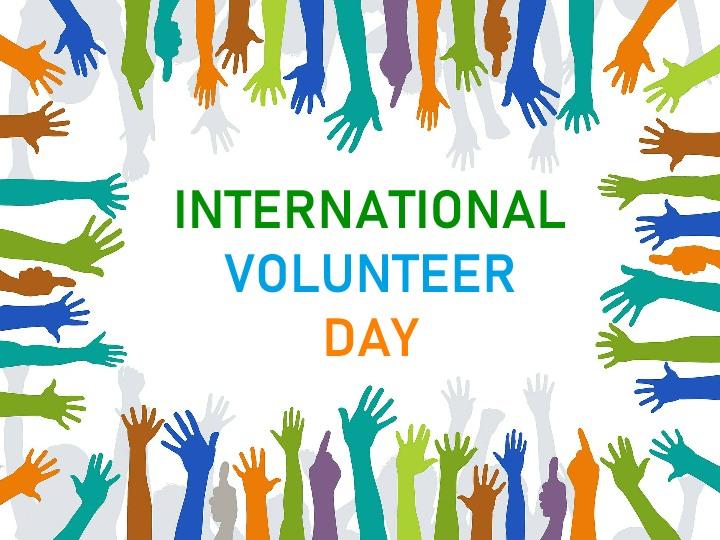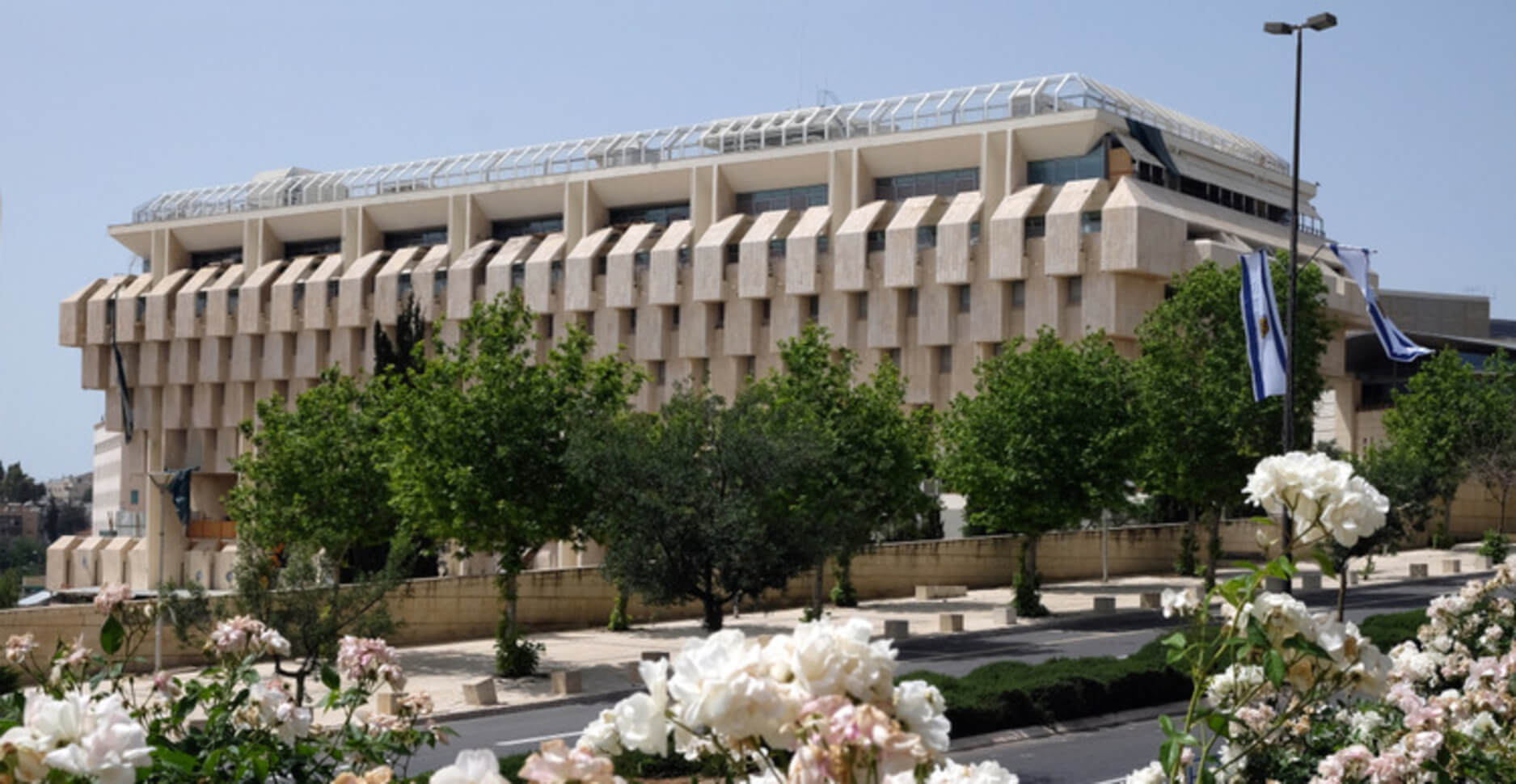Understanding International Relations
International relations is a field of study that focuses on the relationships and interactions between countries, as well as other actors in the international system. It examines how states, international organizations, non-state actors, and individuals interact with one another in the global arena.
The study of international relations involves analyzing various aspects of global politics, including diplomacy, foreign policy, international law, conflict and security, trade and economics, and global governance. Scholars and practitioners of international relations seek to understand and explain the dynamics and complexities of the international system, as well as predict and analyze future trends.
Key concepts in international relations include sovereignty, power, security, diplomacy, globalization, and interdependence. Sovereignty refers to the exclusive authority and independence of states within their own territories. Power plays a crucial role in international relations, with states and other actors striving to maximize their influence and pursue their interests. Security involves both traditional military concerns and non-traditional issues like human security and environmental security.
Diplomacy is the practice of conducting negotiations and maintaining relations between states through dialogue and compromise. Globalization has transformed the world by intensifying the interconnectedness and interdependence of nations, economies, cultures, and societies. This has led to increased flows of goods, services, information, and people across borders.
International relations also encompass the study of global governance and international institutions. Organizations like the United Nations, World Trade Organization, and International Monetary Fund are designed to promote cooperation, resolve conflicts, and manage global issues. These institutions play a significant role in shaping international norms, rules, and policies.
Theories in international relations provide frameworks for understanding and analyzing global politics. Realism emphasizes the role of power and self-interest in international relations, highlighting the competitive nature of the international system. Liberalism emphasizes cooperation, institutions, and shared values as means to achieve peace and prosperity. Constructivism focuses on the importance of norms, ideas, and social interactions in shaping international behavior.
Understanding international relations is essential for policymakers, diplomats, scholars, and global citizens. It helps identify and analyze global challenges, such as conflict, terrorism, climate change, and economic inequality. By studying international relations, individuals can gain insights into the complexities of the world and contribute to efforts aimed at promoting peace, stability, and cooperation among nations.
Understanding the Role of Diplomacy in International Relations
International politics, international organizations, global diplomacy, and global security are interconnected aspects that shape the dynamics of international relations. Diplomacy plays a crucial role in navigating the complexities of these areas and fostering cooperation among nations. In this article, we will explore the significance of diplomacy in international relations and its impact on promoting peace, resolving conflicts, and advancing global interests.
International relations encompass a wide range of interactions between nations, including political, economic, social, and cultural aspects. At the core of these interactions lies diplomacy, which serves as the primary tool for engaging in dialogue, negotiation, and relationship-building on the global stage. Diplomatic efforts aim to establish mutual understanding, resolve disputes, and foster collaboration among nations. Diplomacy is a critical component of international relations, playing a crucial role in fostering communication, negotiation, and cooperation among nations. It serves as a mechanism for resolving conflicts, promoting peace, and advancing global interests. In this article, we will delve into the significance of diplomacy in international relations, exploring its impact on international politics, international organizations, global diplomacy, and global security.
Understanding International Politics
International politics refers to the complex system of interactions between states, driven by their respective interests, power dynamics, and ideologies. Diplomacy acts as a key mechanism in international politics, facilitating negotiations, mediating conflicts, and forging alliances. Through diplomatic channels, countries can express their concerns, seek common ground, and work towards shared goals. International politics refers to the intricate system of interactions, power dynamics, and ideologies between nations. Diplomacy serves as the primary tool in navigating international politics, facilitating dialogue, and managing relationships. It allows countries to express their concerns, negotiate agreements, and seek common ground on various global issues. Through diplomatic channels, nations can establish partnerships, build alliances, and shape the course of international politics.
The Role of International Organizations
International organizations, such as the United Nations, World Trade Organization, and NATO, play a significant role in shaping global affairs. These organizations serve as platforms for diplomatic engagement, providing forums for dialogue and cooperation. Diplomatic efforts within these organizations aim to address global challenges, promote human rights, and foster economic development through multilateral agreements and collaborations. International organizations, such as the United Nations, World Trade Organization, and European Union, play a vital role in international relations. These organizations serve as platforms for diplomatic engagement, providing spaces for countries to come together, discuss matters of mutual interest, and work towards collective goals. Diplomatic efforts within international organizations aim to address global challenges, promote cooperation, and establish norms and regulations that guide interactions between nations.
Exploring Global Diplomacy
Global diplomacy refers to the practice of conducting diplomatic relations on a global scale. It involves diplomats representing their respective countries in negotiations, conferences, and summits. Global diplomacy plays a pivotal role in building diplomatic networks, promoting cultural exchange, and addressing transnational issues such as climate change, terrorism, and pandemics. Through diplomatic dialogue and negotiations, countries can bridge differences, build trust, and seek mutually beneficial solutions. Global diplomacy involves diplomatic efforts conducted on a global scale. It encompasses a range of activities, including negotiations, summits, and conferences, where diplomats represent their countries interests. Global diplomacy plays a crucial role in building diplomatic networks, fostering cultural exchange, and addressing transnational issues such as climate change, terrorism, and economic cooperation. Through diplomatic dialogue, nations can bridge differences, cultivate mutual understanding, and seek solutions to shared problems.
Enhancing Global Security
Global security is a paramount concern in international relations. Diplomacy serves as a vital tool in maintaining peace, preventing conflicts, and addressing security threats. Diplomatic negotiations can lead to disarmament agreements, non-proliferation treaties, and cooperative security arrangements. By engaging in diplomatic efforts, countries can address regional conflicts, promote stability, and reduce the risk of armed conflicts. Global security is a fundamental concern in international relations, and diplomacy plays a pivotal role in maintaining peace and stability. Diplomatic channels enable countries to address security threats, prevent conflicts, and seek resolutions to regional disputes. Through diplomatic negotiations, countries can establish trust, promote arms control measures, and develop cooperative security frameworks. Diplomacy's role in enhancing global security is crucial for preventing tensions from escalating into armed conflicts.
In the intricate web of international relations, diplomacy is the thread that weaves together nations, fostering understanding, collaboration, and peace. Through diplomatic channels, countries can address shared challenges, find common ground, and work toward global prosperity. International politics, international organizations, global diplomacy, and global security are interconnected elements that rely on effective diplomatic engagement to navigate the complexities of the modern world.









 English (US) ·
English (US) ·